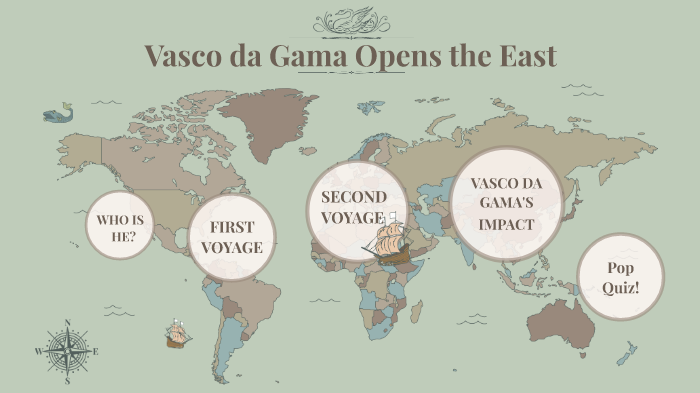


Vasco also joined the Order of Santiago in 1480, and as the new king, D João II was Master of the Order, the fortunes of the Gama family prospered. Gama and his brothers and sister thus had some English blood in his veins they were in order Paulo, João, Vasco, Pedro, Aires, Teresa. Vasco´s mother Isobel Sodré was descended from Frederick Sudley, who had come to Portugal with the Earl of Cambridge in 1381 and had chosen to stay. Like Pombal later, Gama was a member of the gentry, rather than the nobility. Estêvão was also a comendador (property owner) of the military Order of Santiago. He was the son of Estêvão da Gama, alcaide-mor (civil governor) of Sines, a post he held until 1478. Gama was born in Sines on the Alentejo coast. Most of us know only of his first expedition of 1497-1499, yet he returned twice more to India, in 1502-3 as Admiral of the Seas of Arabia, Persia and India and in 1524 as Viceroy, Admiral and titled nobleman, the Conde da Vidigueira. Paradoxically, few figures in world history are at once so well known and so obscure as Vasco da Gama. On the other hand, this voyage would have taken place even without Gama´s command. His voyage was certainly a turning point and the development of world history would have been quite different without it. It is not too much to maintain that without Gama´s voyage, the long-lived Portuguese Empire in Asia would not have been born. Os Lusíadas has become a defining monument of Portuguese national identity. This epic poem was written and published only in 1578, some 70 years after the voyage, and just as Portugal entered the dark age of the Habsburg monarchy. His voyage has become a part of the Portuguese national consciousness mainly because of the fame of Os Lusíadas by Camões. So what was so special about him and the voyage? Yet Gama is known for one event only, that of his command of the pioneering sea voyage between Europe and India in 1497 -1499.

In the game of nominating as many famous Portuguese as you can, it is certain that Gama will be one of the few remembered, along with Henry the Navigator and perhaps the Marquês de Pombal, Salazar, Magellan, Eusébio and Christiano Ronaldo.


 0 kommentar(er)
0 kommentar(er)
